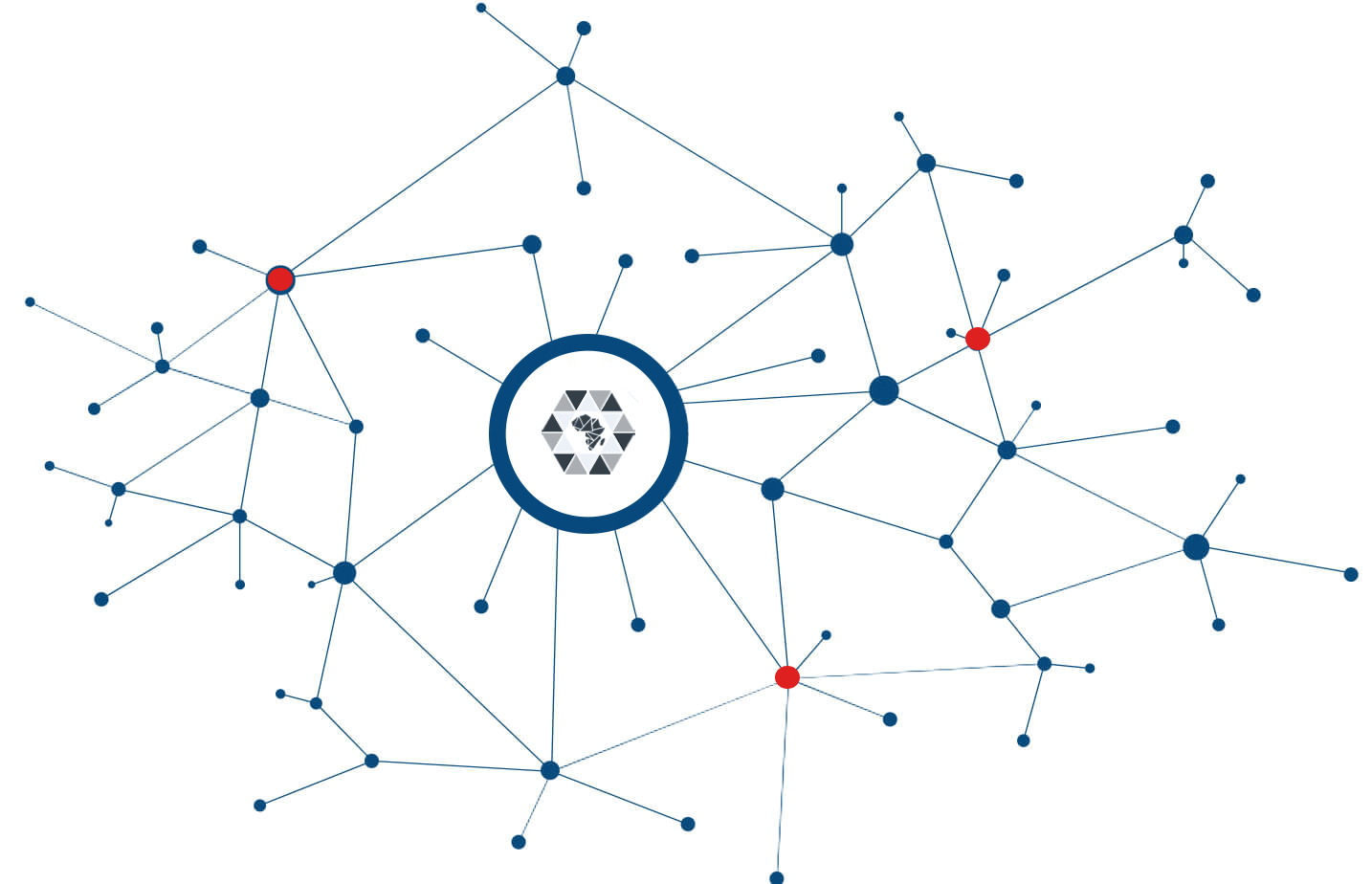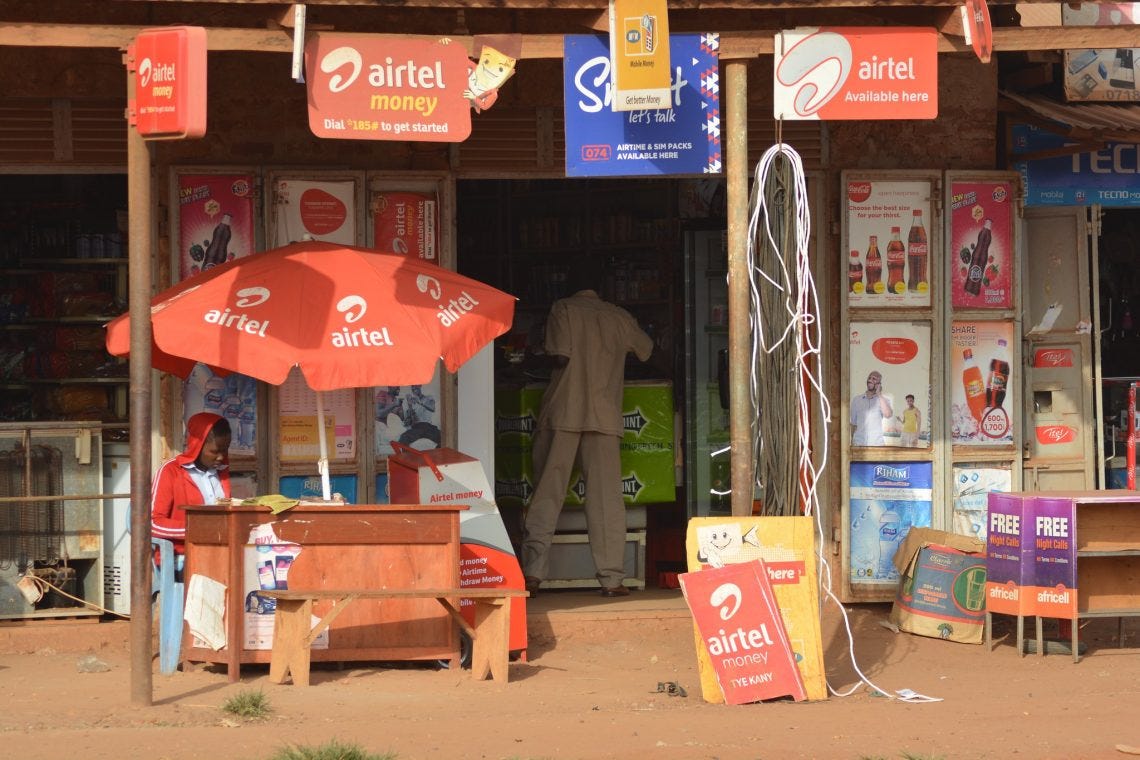How offline agent networks are driving Africa's digital development
Agent networks are well known across Africa in the realm of digital financial services, but they're increasingly being used, beyond mobile money, as a last-mile channel for various digital businesses
Afridigest provides ideas & analysis for startup founders, operators, and investors across Africa and beyond.
This essay explores the emerging agent network landscape across Africa, beyond mobile money.
If you’re new, welcome 🙌 — you’ll receive a weekly digest of what happened in the African tech ecosystem every Monday and you’ll generally receive an original essay like this one on Saturdays. For past essays and digests, visit the archive.
Subscribe here:
“Agent networks are the backbone of African digitization as they offer an effective way of distributing digital services.” — Tidjane Dème, General Partner Partech & Co-Lead, Partech Africa Fund
Last-mile distribution—delivering products and services to end customers—continues to be one of the biggest challenges that firms offering digital services face in achieving scale across African markets. Among other factors, infrastructure is generally underdeveloped, connectivity isn’t yet widespread, and education and literacy levels can be low.
For example, according to the World Bank’s most recent figures, just 19% of the population in sub-Saharan Africa uses the internet, and there are just 6 ATMs and 5 bank branches for every 100,000 adults in sub-Saharan Africa (compared to 88%, 214, and 25, respectively, for North America).
Necessity is the mother of invention, however, and it’s against this backdrop that agent networks developed to become crucial links between end customers and the various actors trying to reach them, from dense urban areas to remote rural regions.
Agents are generally third-party micro-entrepreneurs incentivized to conduct certain transactions on behalf of service providers (e.g., telcos). And, in the abstract, agents & agent networks can be:
Proprietary or non-proprietary — developed and managed directly by service providers themselves or owned and managed by external parties
Exclusive or non-exclusive — serving only one provider or serving multiple providers at once
Dedicated or non-dedicated — conducting agent business on behalf of service providers alone or conduct other kinds of business (e.g., retail) in addition to the agent business
Static or mobile — linked to a physical location (e.g., retail outlet or kiosk, gas station, post office, etc.) or on the move and able to meet customers in convenient locations



